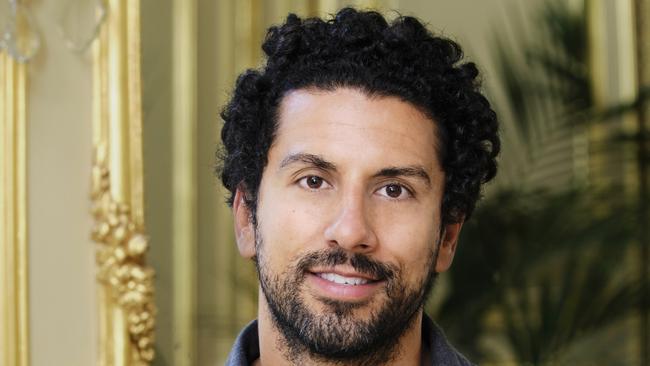Forget unicorns – centaurs are the next thing in start-ups
Billion dollar tech companies are no longer unique and new metrics are needed to more accurately reflect success, as the industry braces for more lay-offs.

Technology investors and venture capital firms need to move past ‘unicorns’ – billion dollar privately held start-ups – in favour of centaurs – tech companies that have reached $100m in annual recurring revenue – as a more accurate reflection of success, as the industry braces for more market turbulence and lay-offs.
A centaur is defined as a cloud-based tech company that reaches $100m annual recurring revenue and is a rare breed of business – seven times rarer than unicorns – with only 150 private companies reaching centaur status globally.
There are more than 1000 private companies valued at $US1bn or more by their investors, with 1.5 estimated to be ‘born’ every day.
With most unicorns unprofitable, the centaur label is a better validation that a company’s vision is relevant, and their business model and growth are solid and efficient amid a sector that’s under significant pressure, according to the co-founder of newly minted centaur Aircall, Jonathan Mr Anguelov
“A $1bn valuation is something companies and their teams should be extremely proud of. But it is not the sign of distinction it once was,” Mr Anguelov said in an interview.
“You can have a hard time comparing unicorns as their valuation depends a lot on the timing, investors, market conditions, and more. So you end up comparing apples and oranges. Looking at ARR and time to achieve it is a better way to properly assess companies’ performance and provide an accurate benchmark.
“For what is a mythical creature, unicorns are no longer that rare.”
The ‘centaur’ term originates from investment firm Bessemer Venture Partners.
“Unicorns can be illusions, often appearing a lot bigger than they are in reality,” Bessemer Venture Partners co-founder Mary D’Onofrio said. “Whereas in the past entrepreneurs and investors alike strived to attain ‘unicorn status’ as an imprimatur of success, it is no longer a proxy for market leadership, quality metrics or lasting endurance.”
Aircall reached unicorn status in June 2021 with a $US120m Series D funding last year led by Goldman Sachs Asset Management and since then the company has become a centaur, generating more than $US100m annual recurring revenue.
Mr Anguelov is calling for more transparency on start-up valuations, and more focus on revenues, which is a better indicator of how likely a start-up is like to stick around in what is an increasingly turbulent market.
“I do think that moving away from how we talk about unicorns, to talk about centaurs instead, can bring about a helpful shift in the realities, not fantasies, of the tech sector,” he said.
“We need to grow more responsible in how far we reach and how transparent we are, while not losing any of our ambition or innovation capabilities. Tech will recover, but as a sector we need to learn from this episode, as we should from our failures.
“A $1bn valuation is huge and convincing an investor to invest in your company at such a valuation shows an incredible trust in your sector and your business. But it shouldn’t be seen as the endgame, or cause for companies to take their eye off the ball. Instead, it should be a useful metric that tells companies they’re heading in the right direction, that their models are strong and their processes efficient.
“At the end of the day, a company should generate revenue and therefore profits. So assessing the company on their revenue gives a sense of the value they bring to customers. By showing how much and how fast a company is growing, the centaur status also brings transparency into the start-up sector, and prepares companies for their next stage: going public.”
Aircall, which provides cloud-based call centre software and is headquartered in France, opened its Australian office in January 2021 and has grown its local staff from four to more than 50, and its Australian ARR has more than doubled in the 2022 financial year.
The revenue from APAC is a double-digit percentage of the global revenue, with more than 60 per cent coming from Australian customers, according to Aircall.



To join the conversation, please log in. Don't have an account? Register
Join the conversation, you are commenting as Logout